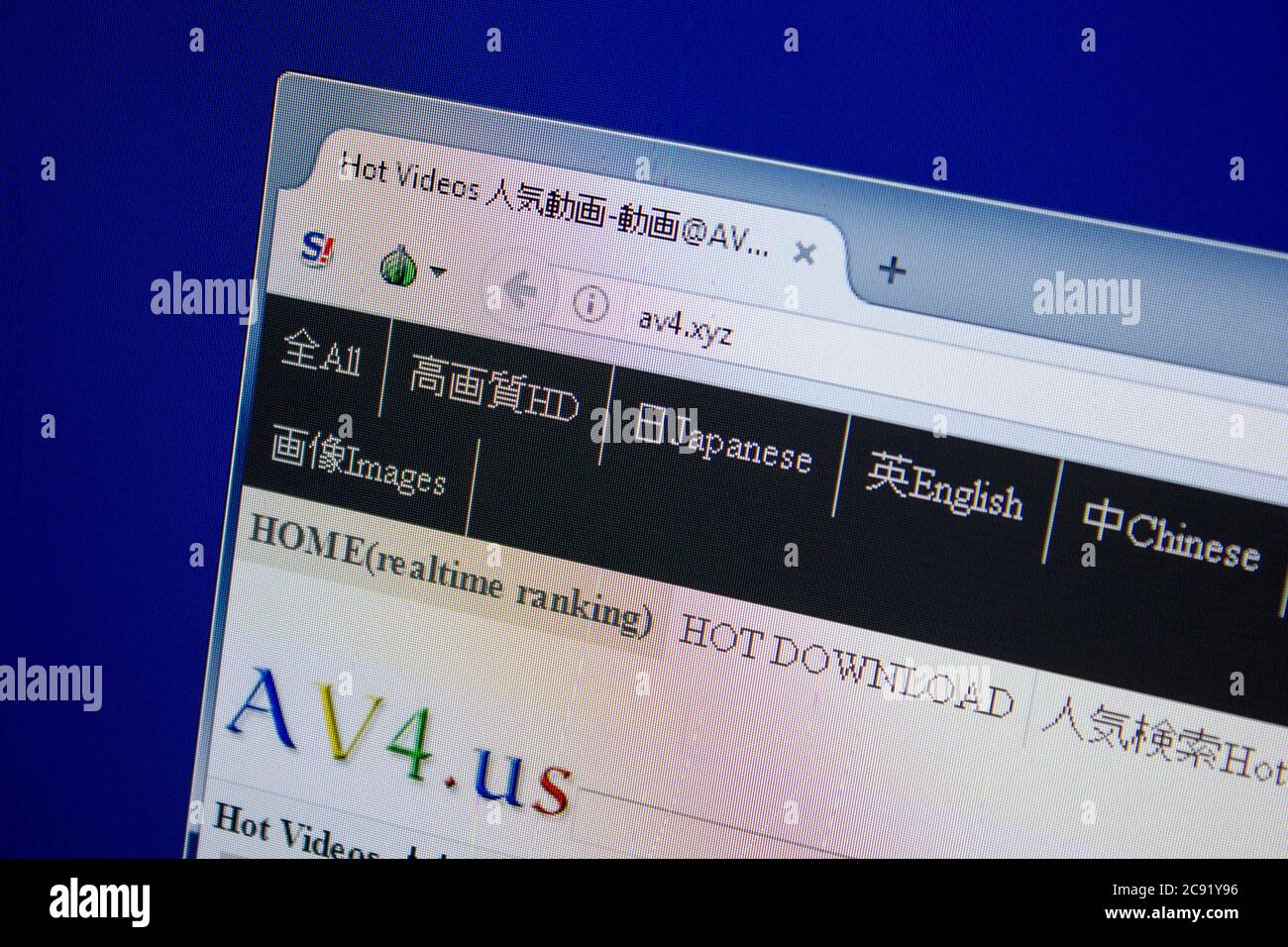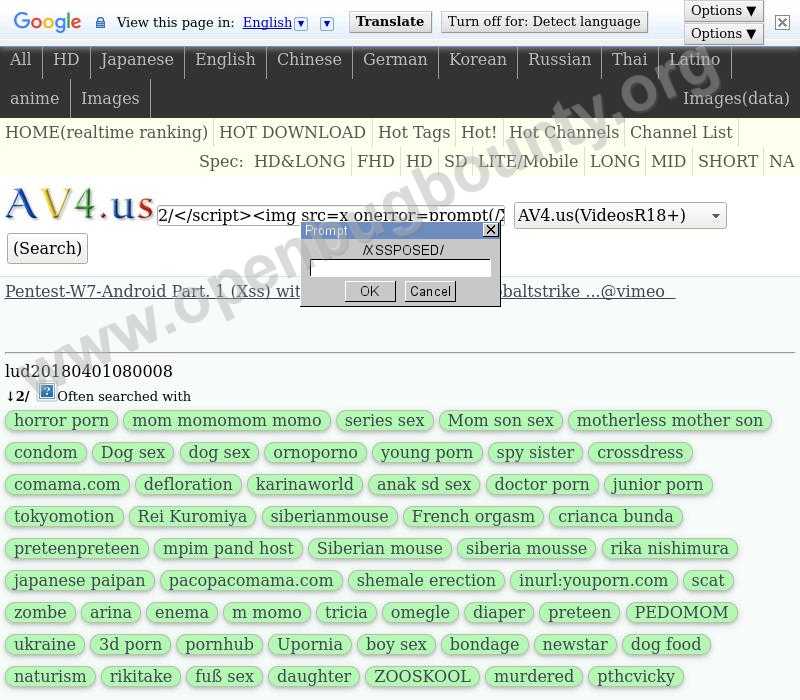AV4.us & Dark Web: What You Should Know Now
Is the internet's underbelly truly as sinister as whispers suggest? The unsettling reality is that corners of the web, readily accessible with minimal effort, harbor content that challenges the very foundations of morality and legality, and the insidious nature of sites like av4.us serves as a stark reminder of this grim truth.
The term "av4.us," seemingly innocuous, is more than just a web address; it's a potential gateway into a digital abyss. While some users may encounter it innocently while seeking general information or troubleshooting technical issues (such as a lost AV4 input on a Philips TV or attempting to remove an "AV4 plus" number from a Freesat HD device), its association with darker aspects of the internet cannot be ignored. This association stems from discussions surrounding internet safety, the deep web, and, most disturbingly, its potential connection to illegal and harmful content. The promise of easily downloadable videos in various qualities, from 480p to 8K, and accessibility from any country, might seem appealing. However, this accessibility also raises concerns about the potential for misuse and the spread of illicit material.
| Domain Name | av4.us |
| Server Location | United States |
| Associated Risks | Internet safety concerns, potential connection to dark web activities, possible exposure to illegal content. |
| Accessibility | Accessible from any country. |
| Content Download Options | 480p, 720p, 1080p, 1440p, 2160p, HD, Full HD, 4K, 8K quality. |
| Related Issues | Child pornography, cryptocurrency use in illegal activities, international law enforcement efforts. |
| Relevant News Mentions | Takedown of child pornography sites, arrests of operators and users. |
| Reference | ICWatch.org (Internet Content Watch Foundation) |
The fight against online exploitation is a relentless one, demanding international cooperation and innovative techniques. Law enforcement agencies around the globe are constantly battling to dismantle networks that facilitate the distribution of child pornography and other forms of online abuse. The takedown of "Lolita City," a notorious child pornography website operating on the Tor network, serves as a chilling example of the scale of the problem. This site, which hosted images and videos of underage individuals, highlights the dark underbelly of the internet and the lengths to which criminals will go to exploit vulnerable victims. The fact that the site boasted "more than a million" downloads before being shut down underscores the urgent need for vigilance and proactive intervention.
The use of cryptocurrency to facilitate these illegal activities further complicates the issue. The anonymity afforded by cryptocurrencies like Bitcoin allows perpetrators to conceal their identities and financial transactions, making it more difficult for law enforcement to track and prosecute them. However, authorities are developing sophisticated methods to trace these transactions and identify the individuals involved. As U.S. officials have stated, the ability to uncover these networks through cryptocurrency analysis represents a significant breakthrough in the fight against online child exploitation.
The efforts to combat these online crimes extend beyond simply shutting down websites. They also involve arresting the operators and users of these sites, bringing them to justice for their heinous acts. In one major operation, more than 330 people were arrested across 38 countries in connection with a massive child pornography website. This coordinated effort demonstrates the commitment of law enforcement agencies worldwide to tackling this global problem. German police, for instance, have arrested key members of a suspected gang behind one of the world's largest online collections of child abuse images, with a staggering 400,000 members. These arrests send a clear message that those who engage in these activities will be held accountable for their actions.
The fight against online child exploitation also requires innovative investigative techniques. In one case, the FBI employed a technique typically used by hackers to uncover the identity and location of an individual operating a child pornography site. The agency, with a warrant, surreptitiously placed computer code, allowing them to track the individual's online activity and ultimately bring them to justice. This demonstrates the importance of adapting to the ever-evolving tactics of online criminals and utilizing cutting-edge technology to combat their activities.
- Cory Booker From Newark To Senate Beyond Key Moments
- Aditi Mistry Leak Truth Looker Studio Explained More
However, the issue extends beyond just illegal activities. There are also concerns about content that, while not strictly illegal, may be considered harmful or exploitative. The rise of "naturist" rallies and the spread of potentially suggestive content involving minors raise questions about the boundaries of acceptable online behavior. While freedom of expression is a fundamental right, it must be balanced against the need to protect vulnerable individuals from exploitation and abuse. The line between harmless expression and harmful content can be blurry, and it is important to engage in thoughtful and nuanced discussions about these issues.
Furthermore, the accessibility of online content from any country raises complex legal and ethical questions. What may be legal in one jurisdiction may be illegal in another. This creates challenges for law enforcement agencies, who must navigate a complex web of international laws and regulations. It also raises questions about the responsibility of website operators to ensure that their content complies with the laws of all countries where it is accessible. The issue of "av4.us" being accessible from any country highlights this challenge and underscores the need for a global approach to regulating online content.
The problem extends beyond specific websites and platforms. It is also a systemic issue that requires addressing the root causes of online exploitation. This includes educating children and adults about online safety, providing support to victims of online abuse, and promoting a culture of respect and responsibility online. It also requires holding social media companies and other online platforms accountable for the content that is shared on their platforms. They have a responsibility to take proactive steps to prevent the spread of illegal and harmful content and to protect their users from exploitation.
In some cases, the fight against online crime requires cooperation between unlikely partners. China and the United States, for example, have collaborated on efforts to shut down networks of Chinese child pornography sites. This rare instance of cooperation between the two nations demonstrates that the fight against online exploitation transcends geopolitical boundaries. It is a global problem that requires a united front.
The incident in France, where four US tourists were attacked with acid, lasting 1 minute and 48 seconds, serves as a stark reminder of the dangers that can exist in the real world. This event, while seemingly unrelated to the online issues discussed above, highlights the importance of vigilance and awareness, both online and offline.
The search for information on the internet is a powerful tool, allowing us to solve problems and access a vast wealth of knowledge. However, it is also important to be aware of the potential risks and to exercise caution when navigating the online world. The ability to search by text, voice, or image makes it easier than ever to find information, but it also makes it easier for malicious actors to spread misinformation and harmful content.
The experience of individuals struggling with technical issues, such as losing the AV4 input to a Philips TV or encountering unexpected content on their Freesat HD device, highlights the challenges of navigating the complexities of modern technology. These seemingly minor issues can be frustrating and time-consuming to resolve, and they underscore the need for user-friendly interfaces and reliable technical support.
The phrase "Fkk them kids" is a repugnant and offensive expression that has no place in civilized society. It is a reminder of the dark and hateful elements that exist in the world and the importance of standing up against all forms of bigotry and discrimination.
The constant struggle to balance freedom of expression with the need to protect vulnerable individuals is a defining challenge of the digital age. There are no easy answers, and it requires ongoing dialogue and collaboration between governments, law enforcement agencies, technology companies, and civil society organizations. The case of "av4.us" and its potential association with harmful content serves as a valuable case study for understanding the complexities of this challenge and the importance of remaining vigilant in the fight against online exploitation.
In November 2017, a security editor at ZDNet was contacted by a hacker group claiming to have broken into a dark web site running a massive child pornography operation. This incident highlights the vulnerability of even the most secure online platforms to cyberattacks and the importance of robust security measures to protect against these threats. It also underscores the ethical responsibility of journalists and other media professionals to handle sensitive information with care and to cooperate with law enforcement agencies when appropriate.
The translated Russian text emphasizes the desire to "watch ratings of sites similar to av4.us for free by keywords and audience." This highlights the potential for individuals to actively seek out content that may be harmful or illegal and the importance of addressing the underlying motivations that drive this behavior. It also suggests the existence of a community of individuals who share and discuss this type of content, further amplifying its reach and impact.
Ultimately, the issue of "av4.us" and its associated risks is a complex and multifaceted one that requires a comprehensive and collaborative approach. It is not enough to simply shut down websites and arrest individuals. We must also address the root causes of online exploitation, educate the public about online safety, and promote a culture of respect and responsibility online. Only then can we hope to create a safer and more secure online environment for all.
The duration of videos mentioned, such as "Four us tourists attacked with acid in france duration 1 minute 48 seconds" and "Just iv us duration 37 seconds", shows how easily violence and exploitation can be recorded and disseminated online, even in short clips, making awareness and responsible sharing ever more important.
The publication date of "18 oct 2019" serves as a reminder that these issues are not new, but continue to evolve and require ongoing attention and adaptation of strategies to combat online harms.
Article Recommendations



Detail Author:
- Name : Vaughn Greenholt
- Username : nicolette.dooley
- Email : parker.wolf@brown.com
- Birthdate : 1971-05-02
- Address : 3555 Cody Cape Suite 648 East Michael, OK 28981-0864
- Phone : 669.434.3682
- Company : Champlin-Bernier
- Job : Construction Equipment Operator
- Bio : Quos occaecati nemo nisi nihil enim. Et explicabo quos facilis nihil. Perspiciatis odio praesentium autem expedita explicabo magni quia. Quis modi voluptatum ut quibusdam quisquam et sunt.
Socials
instagram:
- url : https://instagram.com/caylagibson
- username : caylagibson
- bio : Et harum ut aperiam ut qui qui voluptatem. At vero praesentium iusto nesciunt magnam earum.
- followers : 2660
- following : 1797
tiktok:
- url : https://tiktok.com/@cayla_gibson
- username : cayla_gibson
- bio : Officiis nihil quo dolore saepe quod et corrupti inventore.
- followers : 3205
- following : 2515
twitter:
- url : https://twitter.com/gibson1970
- username : gibson1970
- bio : Et qui sunt facere possimus qui praesentium. In velit et illum quasi adipisci. Totam aut rerum laborum.
- followers : 2811
- following : 177
linkedin:
- url : https://linkedin.com/in/cayla.gibson
- username : cayla.gibson
- bio : Facere provident ut non iste dicta qui nesciunt.
- followers : 2051
- following : 1374